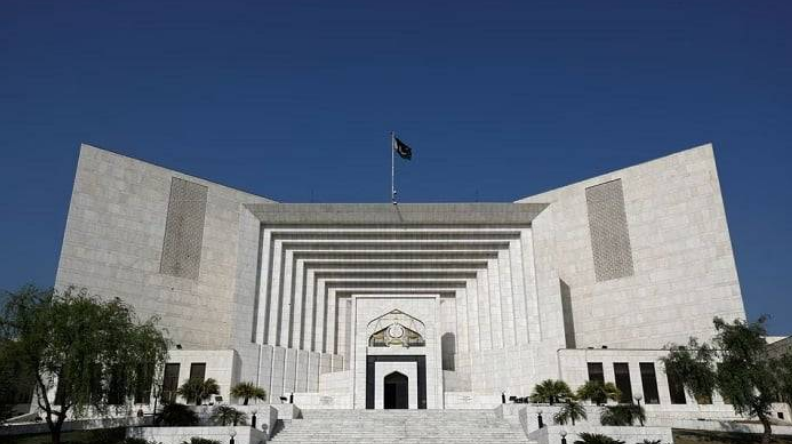Islamabad (Web Desk): Justice Mansoor Ali Shah of the Supreme Court (SC) has strongly criticized the delay in scheduling the bench powers case, calling it an act of "contempt of court."
Along with Justices Ayesha Malik and Aqeel Abbasi, he expressed concern in a letter written to Chief Justice of Pakistan (CJP) Yahya Afridi, urging him to address the matter with urgency.
The judges raised serious questions over the handling of judicial orders, particularly the failure to schedule a hearing that was due on January 20, 2025.
The letter pointed out that there had been no significant progress on the matter despite its importance, and Justice Mansoor emphasized that delays in forming the bench could have been avoided.
He argued that ignoring judicial instructions not only hampers the legal process but also weakens the integrity of the court itself.
This development has sparked a wider conversation on the administrative challenges and compliance issues within the highest court.
In a related matter, the SC recently took action against the additional registrar after it was revealed that cases related to the 26th Constitutional Amendment were not being scheduled before a regular bench.
The delay raised concerns about whether the jurisdiction of the regular benches could be restricted by the amendment.
Justice Mansoor’s bench expressed frustration at the lack of action, particularly after a committee decision had been made but not yet formally documented.
To address this, the Court has now scheduled the hearing of these petitions for January 27, 2025, before a larger constitutional bench.
This follows after the court issued a show-cause notice to the additional registrar, demanding an explanation for the failure to process the cases promptly.
The issue first came to light when Justices Shah and Munib Akhtar had sent a formal request to CJP Afridi in October 2024, urging him to act under the newly introduced Supreme Court Practice and Procedure Act, 2023, to resolve the matter swiftly.


